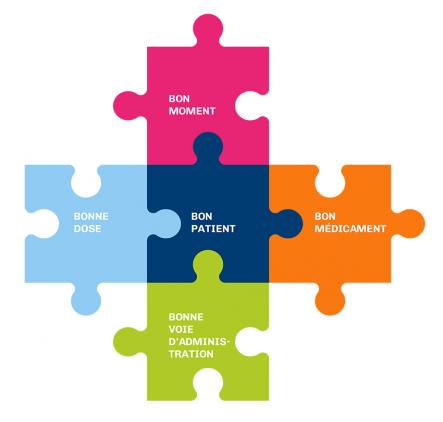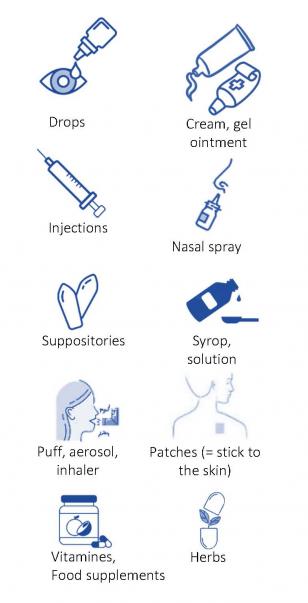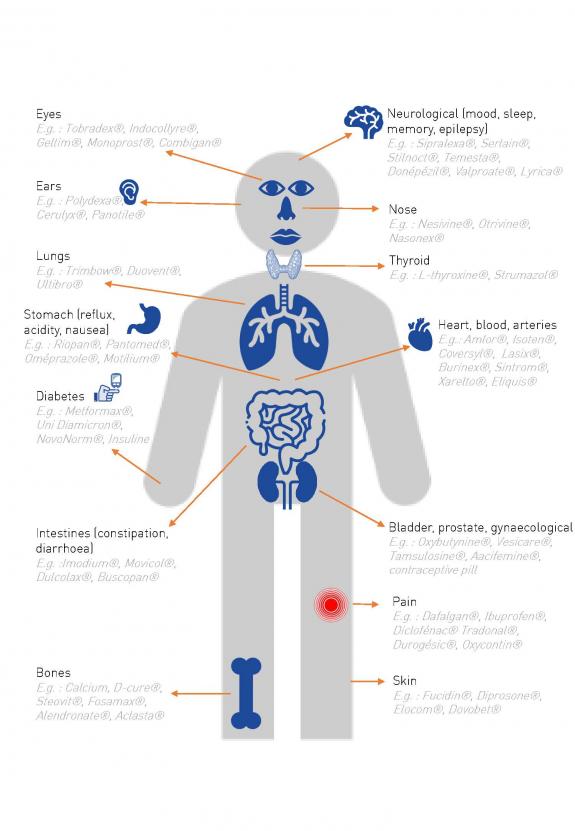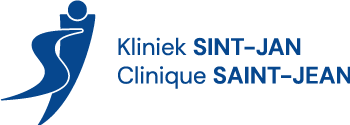
- News
World Patient Safety Day: let’s focus on medicines
This Saturday, September 17, 2022, the World Health Organization is organizing the World Patient Safety Day on the theme of medicines.
Did you know that? According to the WHO, 1 in 20 patients in a healthcare facility is exposed to preventable medication-related accidents.
These accidents can be caused by various factors:
- Interaction: Taking several drugs and/or certain foods at the same time, such as grapefruit juice or foods rich in vitamin K, can alter the effectiveness of the drug or cause toxicity.
- Age-related changes in the body: Decreased efficiency of the kidneys, liver, etc.
- Self-medication: Deciding to take a drug or food supplement on your own without telling your doctor or pharmacist.
- Non-compliance with prescribed treatment: Someone who no longer has symptoms and decides to stop taking his or her medication without discussing it with the doctor.

How to use your medicines properly?
Medicines are there to treat you but they can be dangerous if misused.
Together, let's make sure you get the right medicine, at the right dose, at the right time and via the right route of administration (by mouth, injection in the veins, in the muscles, ...)!
5 questions to check if you know your medication
For quality care and in order to avoid errors, take information about your medication and know your treatment.
Here are 5 questions to ask yourself about your medicines (PAQS, 2022):
- Do I know the list of medicines I usually take?
- What are my medicines for? (e.g., blood pressure, heart)
- How do I take my medicines and for how long? (e.g., 1 drop in each eye for 1 week)
- What are the side effects associated with my medicines that I should watch out for? (e.g., palpitations, dizziness, constipation)
- During my hospitalization or consultation, were any medicines added, removed, or changed? If so, which ones, and why?
If you do not know how to answer one or more of these questions, ask your doctor, pharmacist, or nurses.
Remember to inform health professionals
In addition to knowing your treatment, it is very important to tell your caregivers (general practitioner, specialist, pharmacist, nurses).
Indeed, their files are not always updated. Moreover, after a hospitalization, it is possible that the list of your new medicines has not been transmitted to your general practitioner or your pharmacist.
In practice, how do you keep a list of medicines?
- Always have a complete, accurate and up-to-date list of the medicines you take with the name of the medicine (e.g., Dafalgan®), the dosage (e.g., 1 g), the frequency of use (e.g., 1 tablet 3 times a day) and the moment of the day you take it (e.g., morning, noon, and evening).
- Also list medicines that are not tablets: capsules, aerosols, puffs, creams, drops, etc.

- Think about all parts of the body: eyes, lungs, bladder, heart... Click
 here to get the form and register your medicines.
here to get the form and register your medicines.

- Read the information on the medicine boxes. Ask your family or your doctor for help. If you have a referral pharmacist, ask him or her to create your medication schedule and print it out for you.
- Show your list to health professionals at each visit to the hospital (hospitalization, emergency room, consultation, consultation before an operation...).
- Have regular check-ups of your treatment with your general practitioner.
- Update your list as soon as there is a change in your treatment, a stop or a new medicine.
In short, for a safe use of medicines, inform your caregivers about your current treatment.
If you have any doubts, do not hesitate to ask your pharmacist, doctor, or nurse for advice. We are here to help you!
